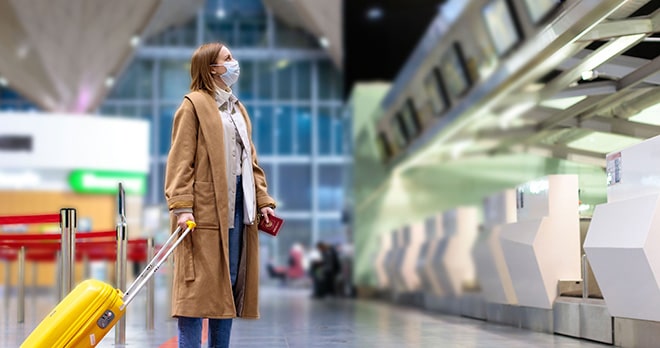UK workers seconded to the EU – where should social security contributions be paid?

The country in which you pay social security contributions will depend on your circumstances and the country you work in. Under the Social Security Coordination Protocol in the EU-UK Trade and Cooperation Agreement, the general rule is that you'll only have to pay into one country's social security scheme at a time. This will usually be in the country where the work physically takes place.
However, social security arrangements until recently have been slightly more confusing for those only temporarily working overseas, and those who work in certain occupations requiring them to work in multiple states. Much to everyone’s relief, the European Union has recently notified the United Kingdom that all EU countries will apply the 'detached worker' exception to UK employees who are temporarily seconded to work in the European Union. Similarly, the United Kingdom will apply the detached worker exception for EU employees who are temporarily seconded to work in the United Kingdom.
What does the detached worker exception mean for UK workers?
Subject to transitional rules, if a UK employee is seconded to work in an EU country after 31 January 2021, they'll continue to only pay National Insurance contributions in the UK and will not need to pay social security abroad if they have the relevant certificate or document from HMRC. This is on the condition that:
- the posting will not exceed two years; and
- the employee has not been sent to replace another detached worker.
Where a UK employee is being seconded to the European Union temporarily, it is important that an A1 certificate is obtained from Her Majesty's Revenue and Customs (HMRC) confirming the position.
What are the transitional rules?
For secondments prior to 1 January 2021 (including to Norway, Switzerland, Iceland and Liechtenstein), social security will generally continue to be payable in the employee's home country for the duration of their secondment (provided that the employee's circumstances do not change). The duration of the secondment allowed is generally two years but may, in some circumstances, be extended.
For secondments to EU countries which began during January 2021, the detached worker exception will apply for the duration of the secondment (up to a maximum of two years), again provided that there is no change in the employee's circumstances.
For UK employees covered by either set of transitional rules, it is important to apply for an A1 certificate from HMRC.
Who should apply for an A1 certificate?
You, or your employer, should apply for a certificate or document if you are:
- going to work temporarily in the EU for up to 2 years
- a multistate worker working in the UK and one or more EU countries
- a civil servant working for the UK government
- working onboard a vessel at sea, with a UK flag
- working as a flight or cabin crew member, where the home base is in the UK.
What about people working in Iceland, Liechtenstein, Norway or Switzerland?
The position in these countries is currently more complex as there are special rules for detached workers in each of these countries.
Conclusion
The 'detached worker' exception provides clarity on social security arrangements for employers and employees partaking in secondments overseas from 31 January 2021. However, as mentioned above, there are still countries in which the rules remain more complex.